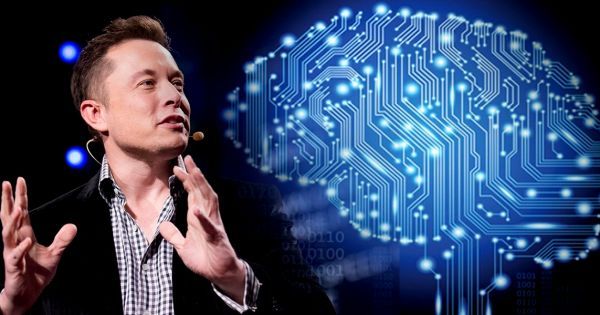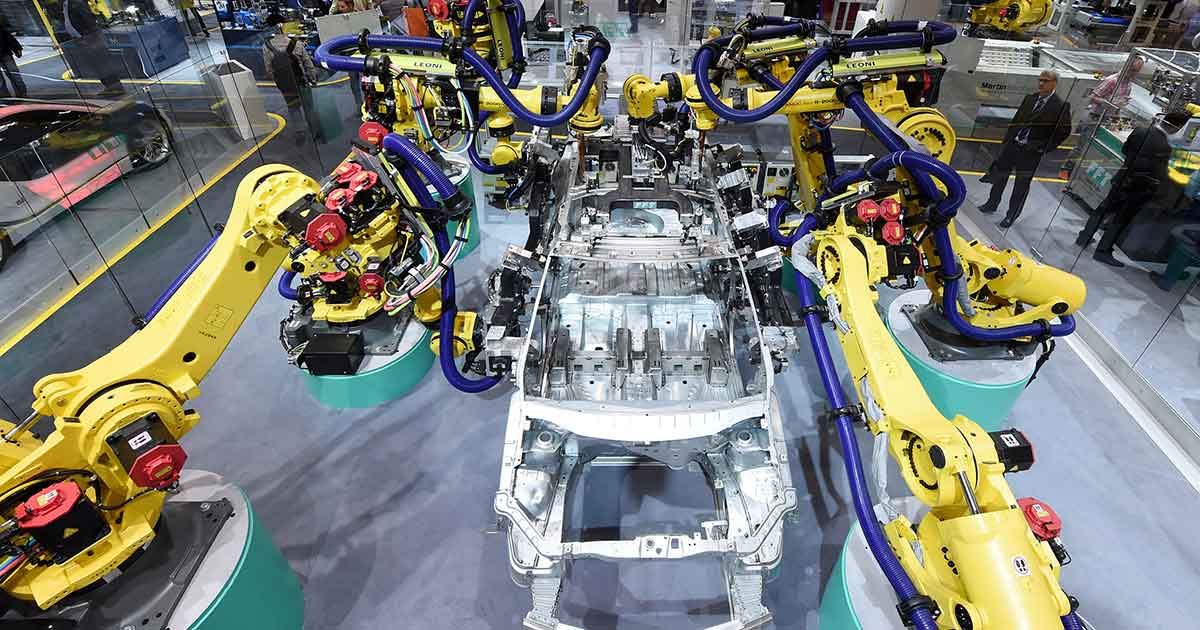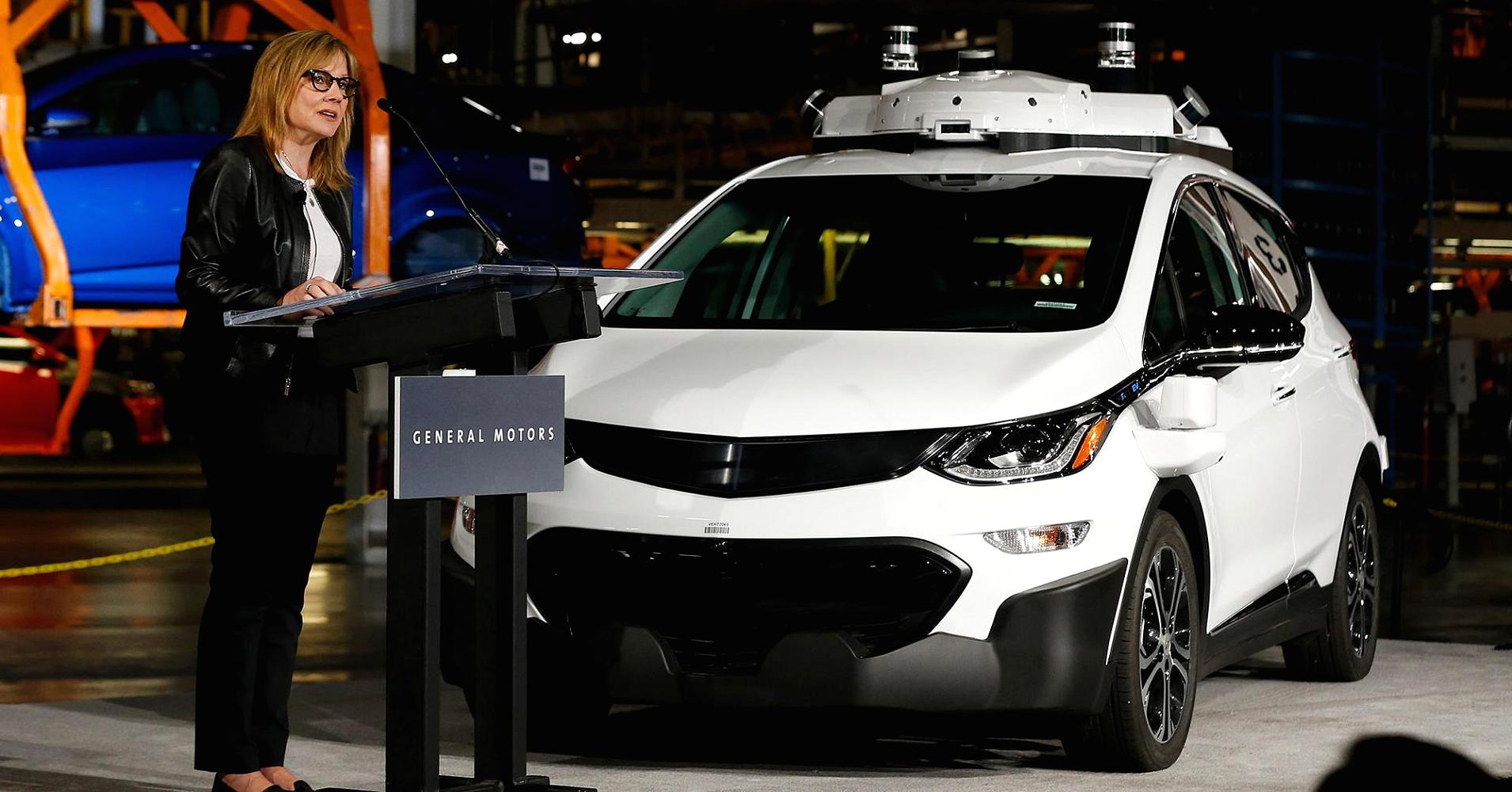Lightweight, insect-inspired robot can swim, fly and leap from the surface of water.
Category: robotics/AI – Page 2,424

Billionaire CEO of SoftBank: Robots will have an IQ of 10,000 in 30 years
I guess it makes sense if they will hit about 100 level in 2029, and then goes up from there.
Masayoshi Son says singularity, the moment when artificial intelligence surpasses the human brain, will happen in “in this century, for sure.”

Google moon shot stands to give industrial 3D printing a boost
In what promises to be one small step for space travel, and one giant leap for the next generation of manufacturing, an Israeli startup is planning to land a vehicle on the moon that has crucial parts made using 3D printing technology.
SpaceIL is among five teams vying for Google’s $30 million in prize money to get a spacecraft to the moon by the end of March. One of the startup’s suppliers, Zurich-based RUAG Space, advised turning to 3D printing to manufacture the legs of its unmanned lunar lander. With financial stakes high and a tight deadline, SpaceIL engineers were at first deeply skeptical, according to RUAG executive Franck Mouriaux. They finally acquiesced after a lot of convincing.



Sony’s New Autonomous Car Camera Sees Road Signs at 160 Meters
Driverless cars need superhuman senses. And for the most part they seem to have them, in the form of lidar, radar, ultrasound, near-infrared, and other sensors. But regular cameras, often forgotten about in favor of more exotic technologies, are incredibly important given they’re used to collect data that’s used to, say, read the messages on road signs. So Sony’s new image sensor is designed to give regular camera vision a boost, too.
The new $90 IMX324 has an effective resolution of only 7.42 megapixels, which sounds small compared to your smartphone camera. But with about three times the vertical resolution of most car camera sensors, it packs a punch. It can see road signs from 160 meters away, has low-light sensitivity that allows it to see pedestrians in dark situations, and offers a trick that captures dark sections at high sensitivity but bright sections at high resolution in order to max out image recognition. The image above shows how much sharper the new tech than its predecessor from the same distance.
Don’t expect a beefed-up camera to eliminate the need for other sensors, though: even with strong low-light performance, cameras don’t work well in the dark, and they can’t offer the precise ranging abilities of other sensors. That means lidar and radar will remain crucial complements to humble optical cameras, however fancy they get.

This Company’s Robots Are Making Everything—and Reshaping the World
Amid the tumult, there’s one clear winner: the $50 billion company that controls most of the world’s market for factory automation and industrial robotics. In fact, Fanuc might just be the single most important manufacturing company in the world right now, because everything Fanuc does is designed to make it part of what every other manufacturing company is doing.
Fanuc, a secretive Japanese factory-automation business, might be the planet’s most important manufacturer.

Amazon, Google Lobbyists Warn Regulators to Keep Their Hands Off AI
A lobbying group representing top artificial-intelligence companies including Amazon.com Inc., Facebook Inc. and Google issued a warning to lawmakers on Tuesday: hands off our algorithms.
